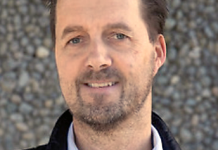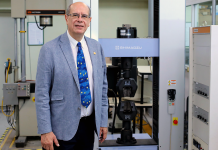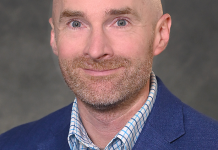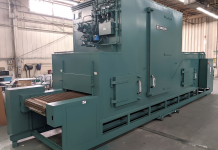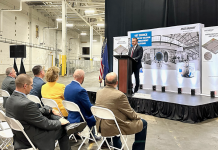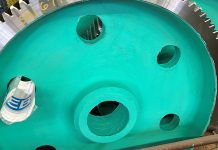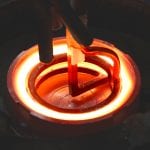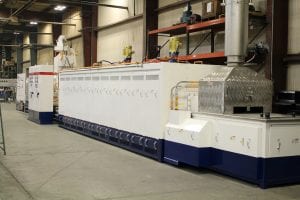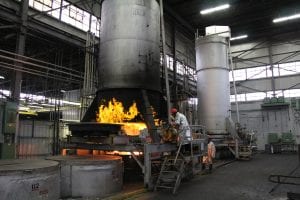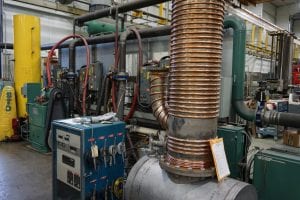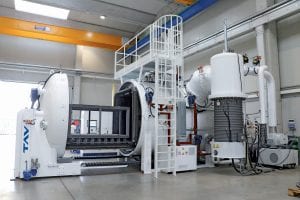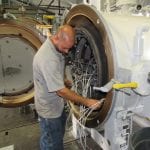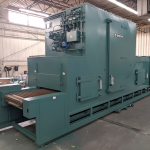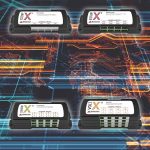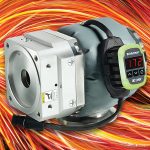Whether it’s supplying stainless steel for furnaces or fabricating custom tooling, Wirco Incorporated has made its mission to be a one-stop shop for a wide range of heat-treating needs for more than 50 years.
“That’s the unique part about Wirco,” said Chris Dankert, vice president of sales for Wirco. “If it’s stainless steel going into the heat-treat furnaces, we can provide all of that. We can provide the radiant tubes for the heating system. We can do all the tooling that holds parts, furnace trays, the fans that spin the atmosphere, and the entire roller rail and chain guide assembly that holds up the tooling inside the furnace.”
For the stainless-steel parts needed for furnaces, Dankert said some of those items may be fabricated, and some of them may be cast, but most all of them are made per the specifications of Wirco’s customers.
“We’re a custom-tooling, custom-part manufacturer,” he said. “If we have a particular heat treater that wants something a certain way, we make it exactly how they want it. We’re not making thousands of things. We’re making dozens of things. And that’s always been a huge strength for us: to just to be adaptable to whatever our customers need. We make that a reality for them.”

Dedicated to employees
To be able to take good care of its customers means Wirco must first take good care of its employees, according to Dankert.
“We have a very strong mandate that this company is 100 percent about the people who work here,” he said. “We can’t take care of our customers without people, so there’s been a huge reinvestment by Wirco to have people present. And that’s what we’ve done first. And by doing that, we’re able to be present and help our customers reach their goals. It’s important to have facilities, equipment, and people that can allow our customers to meet those goals. To be able to run operational foundries, to be able to bear those expenses, and then to have a staff that’s able to be present for our customers, that’s quite an expense, but we found a great market niche doing that.”
To that end, Dankert emphasized that Wirco is a vertically integrated company.
“We try to do as much, in-house, as we can,” he said. “We’re a Christian-based, faith-based business. We always have been. Our company was founded with those type of ideals. We treat our people that way. We try to treat people with kindness, fairness, and everybody’s a partner here. Everybody’s opinion matters. We’ve always been that type of family business.”
Innovation oriented
Over its half century of business, Wirco has made a point to offer an ever-evolving industry the latest innovations its customers need, according to Dankert.
“We have had to change the type of products we offer to fit with different types of heat treating and the new equipment our customers are using,” he said. “When I started 26 years ago, furnaces were more typically smaller in size than we see today. With the great upsizing in furnaces, we have had to make many changes to the tooling and maintenance parts we provide. There’s been a lot of demand, especially from our steel industry customers and a lot of our heat-treat customers, to increase the life of the furnace alloy they purchase. The fewer times somebody has to do maintenance, obviously that’s a huge cost savings on those furnaces. We’ve developed alloys, and we’ve come up with different designs to increase alloy life. We’ve also designed improved manufacturing techniques, like robotic welding, to make sure our customers experience the greatest value possible with their alloy budget.”
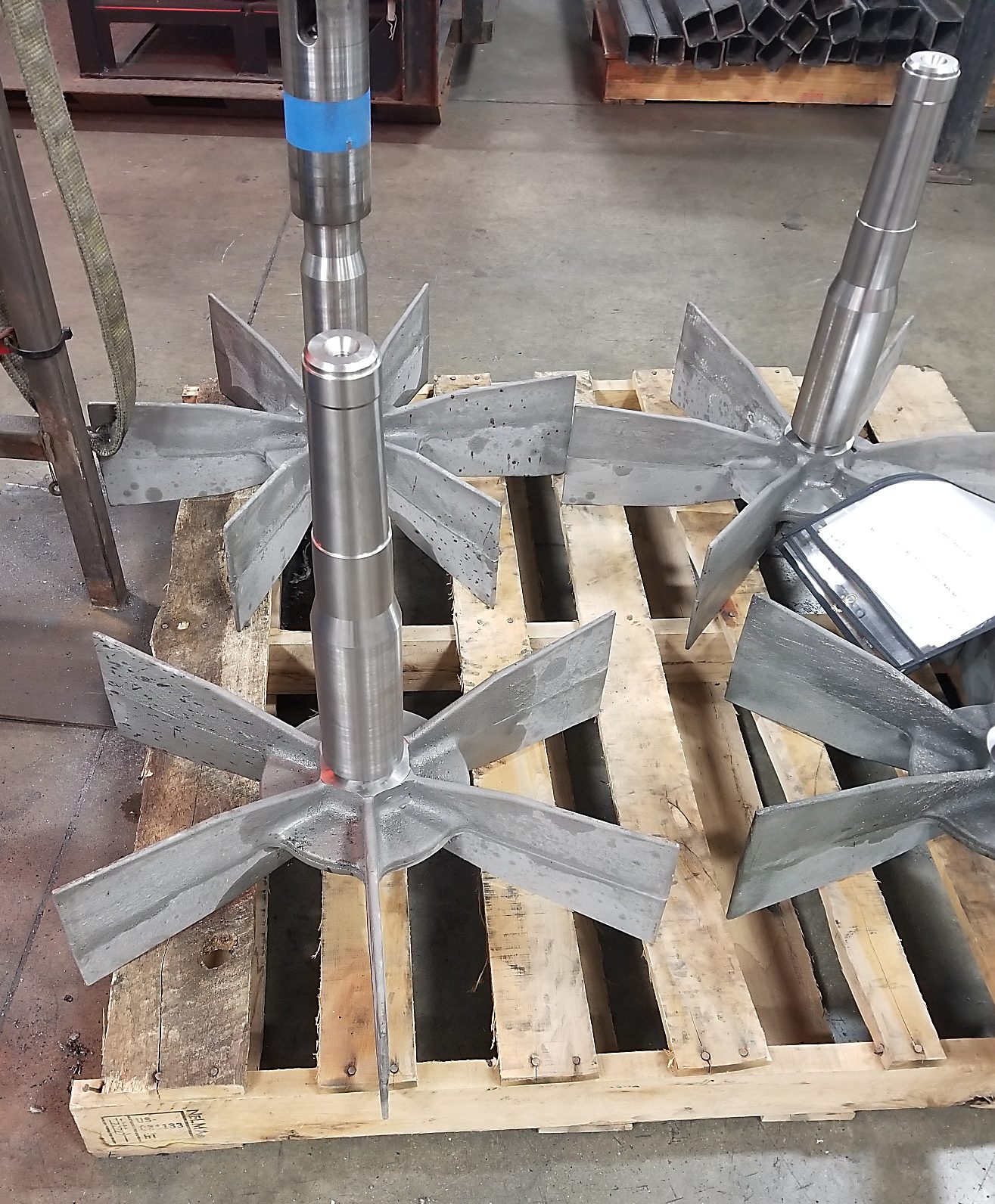
Increasing equipment longevity
The bottom line, according to Dankert, is that Wirco stays in tune with what its customers require in order to increase their throughput and increase their bottom line.
“We’ve had to look at unique scrap programs for customers,” he said. “We recycle 3 million pounds of alloy scrap per year through partnering with our customers to purchase their scrap alloy. We offer those type of programs to our customers so they can see a continued return on their initial alloy investment. All those castings and fabrications have value after they’re done being useful inside of a furnace, and our various Wirco Scrap Programs (WSP) help our customers realize this value.”
Dankert and his team work with customers to find out what their needs are and how best Wirco can meet those needs. Customers want to know what they can buy that’s going to last longer and what they can get with the most value attached to it, according to Dankert.
“This doesn’t necessarily mean we’re going to be the cheapest option, but our goal is to help our customers realize the total value of the purchase,” he said. “We’re going to get you great alloy life. We can do that through alloy selection. We have a great team of design and process engineers that work for us who are involved in many levels of our manufacturing processes. They are coming up with new designs, testing designs, and doing theoretical modeling to try to increase life for our customers and have a better user experience with the alloy.”
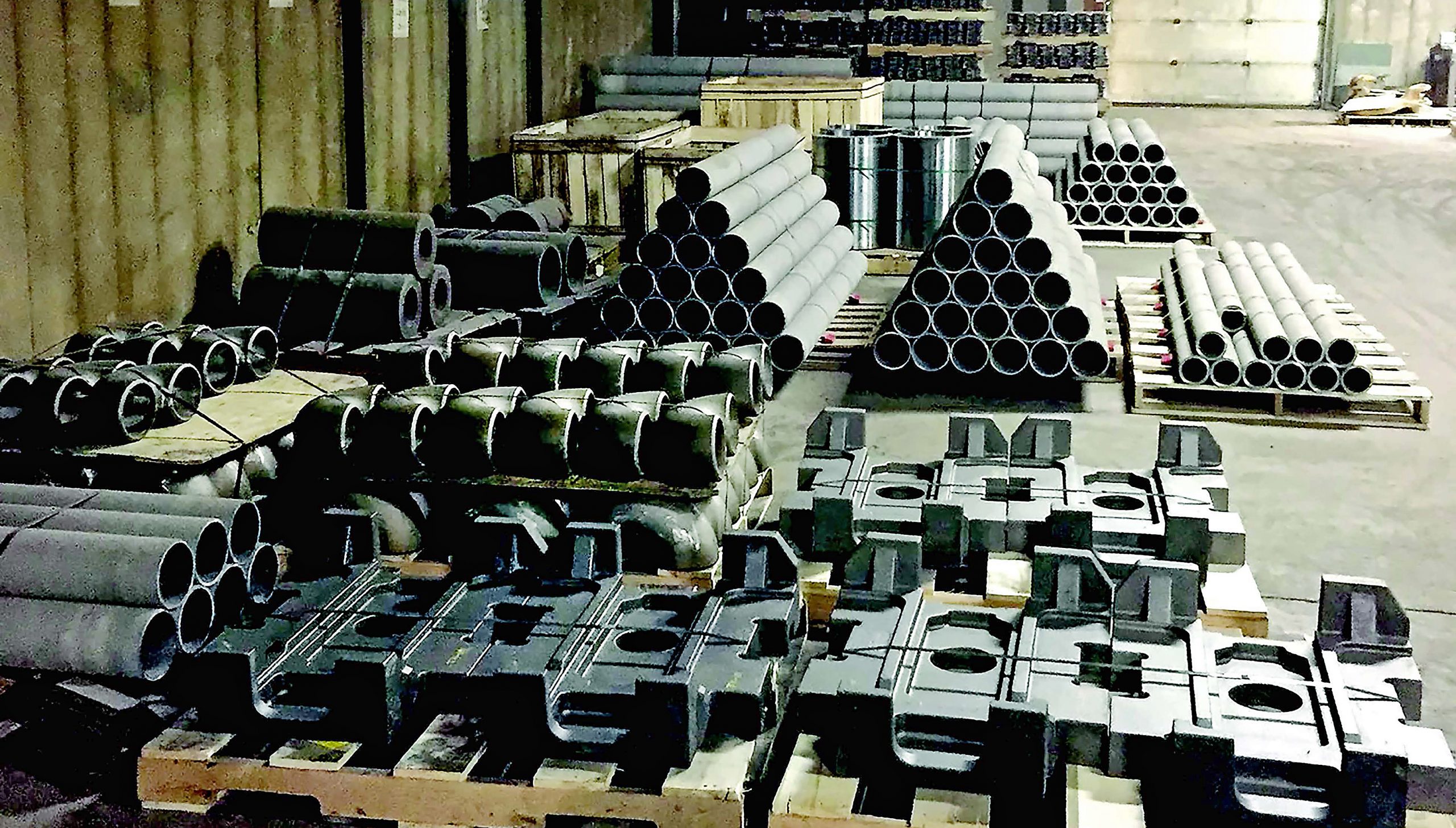
Taking on challenges
And Dankert said Wirco is willing to take on any challenge, no matter how difficult it may seem.
“If somebody is a new customer to Wirco, we typically would want to take the worst project they have,” he said. “What’s the hardest project? Where have other foundries failed? Where have other fabricators failed? We believe that’s where we can shine for our customers, so we take that project. We can prove to you we’ve got the people and the competence to be able to bring a solution to market. We always like to take the hard projects on, because if we can solve those problems, our customers know we can take on all their alloy projects.”
Some of those challenges are tackled using 3D modeling in combination with finite element analysis before a single product is ever physically made, according to Dankert.
“We go through a detailed design review process with our customers to get the critical questions answered on how the alloy casting or fabrication will be used; this way we ensure our design will be prepared how our customers expect,” he said. “We’ll go through a first-piece sample inspection, which will include X-ray and destructive testing. We can also create 3D-printed sections of castings that our customers can use to determine proper fit and alignment of the parts they want to heat treat. We can also theoretically model the tooling we design to see what type of deformation we get and what type of life our customers could expect. There are a lot of steps we take on the front end of a customer’s request to help bring our products to market. We don’t see those steps being taken from overseas manufacturers or our few domestic competitors.”
Constantly growing
Over the years, Wirco has invested in many acquisitions and other purchases to help maintain that quality of excellence its customers have grown to expect.
The last 15 years have seen Wirco purchase and integrate four businesses. In addition to that, it’s invested heavily in designs for robotic welding as well as other innovative technologies.
“We’ve improved the equipment, and I would say that’s definitely one thing,” Dankert said. “I think, secondly, would be that we are constantly reinvesting in equipment and people. We’re not just sitting on profits or funds. We constantly reinvest back in our equipment, while bringing more modern equipment in and constantly keeping our facilities upgraded and safe.”
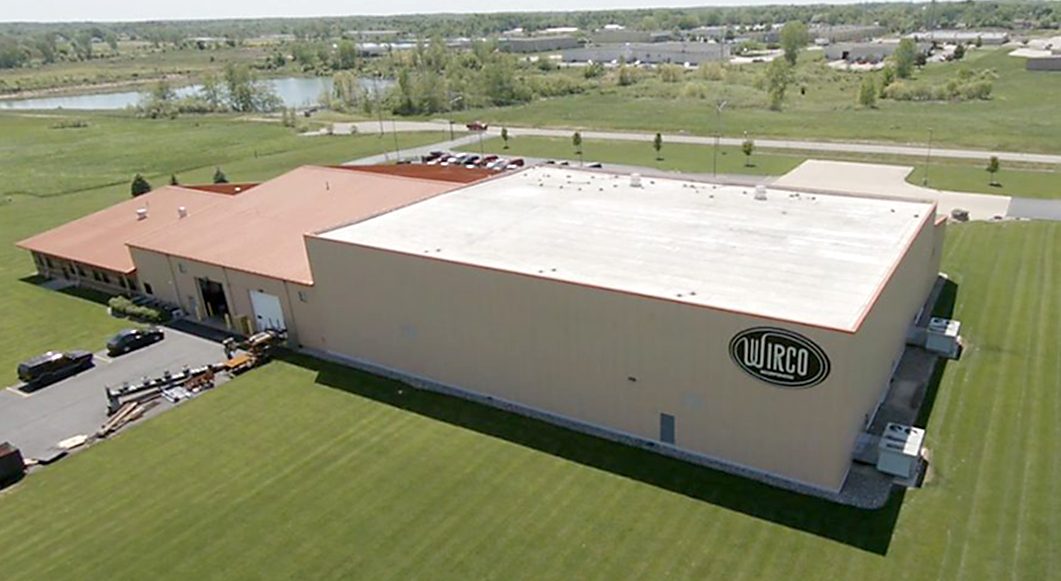
Excellent safety record
And that reflects heavily on Wirco’s safety track record as well, according to Dankert.
“We’ve had — knock on wood — an excellent safety record in all our facilities,” he said. “We think that’s been a great thing. We want to keep our people working safe, get them home safe, and protect them in dangerous working environments in the best-case scenario. We’ve had an excellent record of taking care of our people that way.”
Safety and investment are very important to Wirco, and those goals were never more apparent than when a massive fire at its Champagne foundry in 2016 almost required the company to close the facility, according to Dankert.
“Over the next two years, we rebuilt that facility with close to a $20 million reinvestment to bring that facility back to a world-class, modern operational foundry,” he said. “We did that. It could have killed us. It could have closed our company at the time. And we found a way, with a lot of great people here, just to figure out how to make it go. Some competitors stepped up to help us keep our customers taken care of. And through all that time, with a lot of pain, we’ve been able to rebuild back stronger than we ever were in 2016. I think if you ask people that have been here for a decent amount of time, they’d probably point to those couple years as one of the biggest challenges of their career but yet one of the most rewarding because the end result was building a facility back bigger and stronger than it ever was before.”
Looking to the future
As Wirco continues into the future, Dankert said he sees a greater reliance on domestic made castings and fabrications similar to what Wirco produces. That also includes a reinvestment by heat treaters into larger furnaces and technologies such as vacuum heat treating and nitriding.
“We’ve worked with a lot of those type of projects,” he said. “With vacuum furnaces and the different nitride tooling along with all those different vacuum processes that exist, you’re just seeing a much greater demand now. I think you’re going to see another huge reinvestment within the market. And that’s somewhat helping to modernize North American heat treating.”
That dedication to North American heat treating is a goal that Wirco believes in without exception, according to Dankert.
“We’re an extremely dedicated USA manufacturer,” he said. “We source everything here domestically. That costs more money a lot of times, but that’s definitely served us well. We don’t have quality concerns because of, say some type of material grade from China or piece of equipment. There’s just a total dedication to U.S. manufacturing.”
MORE INFO www.wirco.com


